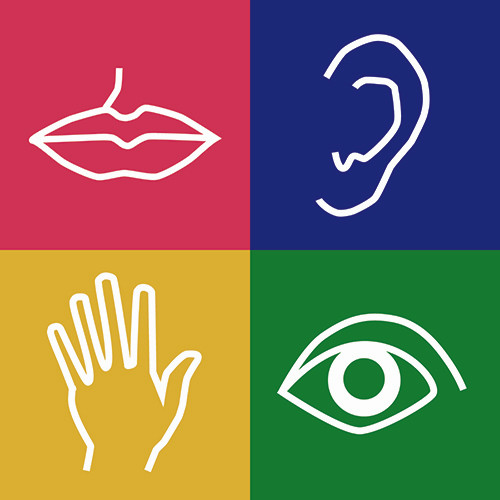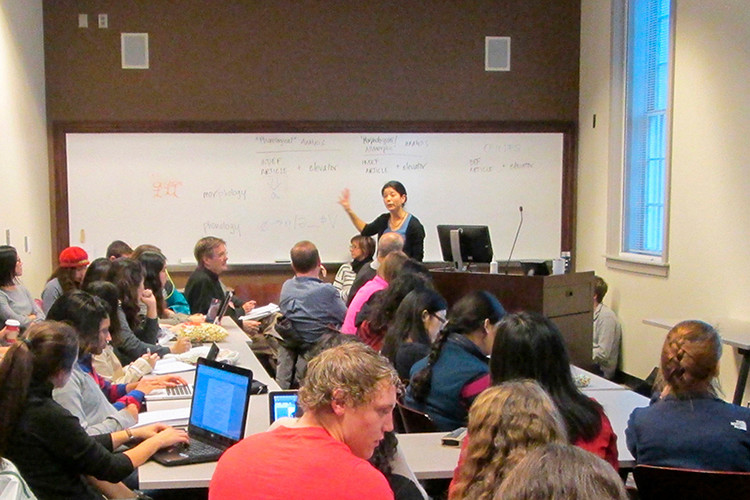Main content
About Our Program
The Program in Linguistics represents the contemporary field of linguistics, as it is situated at the intersection of the Social Sciences, Natural Sciences, and the Humanities.
21
Core Faculty
60
Majoring Students
18
Linguistics Classes
9
Research & Honors Classes
Our Mission
 Our central mission is to train students in the systematic study of human language and communication and to foster an intellectual climate for cutting-edge interdisciplinary research in linguistics. Through these emphases, we provide comprehensive training in linguistics as we prepare Emory students to meet the challenges of our multicultural society and an increasingly global community. One of our main goals is to foster enlightened citizenship through an understanding of contemporary language diversity.
Our central mission is to train students in the systematic study of human language and communication and to foster an intellectual climate for cutting-edge interdisciplinary research in linguistics. Through these emphases, we provide comprehensive training in linguistics as we prepare Emory students to meet the challenges of our multicultural society and an increasingly global community. One of our main goals is to foster enlightened citizenship through an understanding of contemporary language diversity.
Visit Us
532 Kilgo Circle
Modern Languages Building, Suite 202C
Atlanta, Georgia 30322
Modern Languages Building, Suite 202C
Atlanta, Georgia 30322

